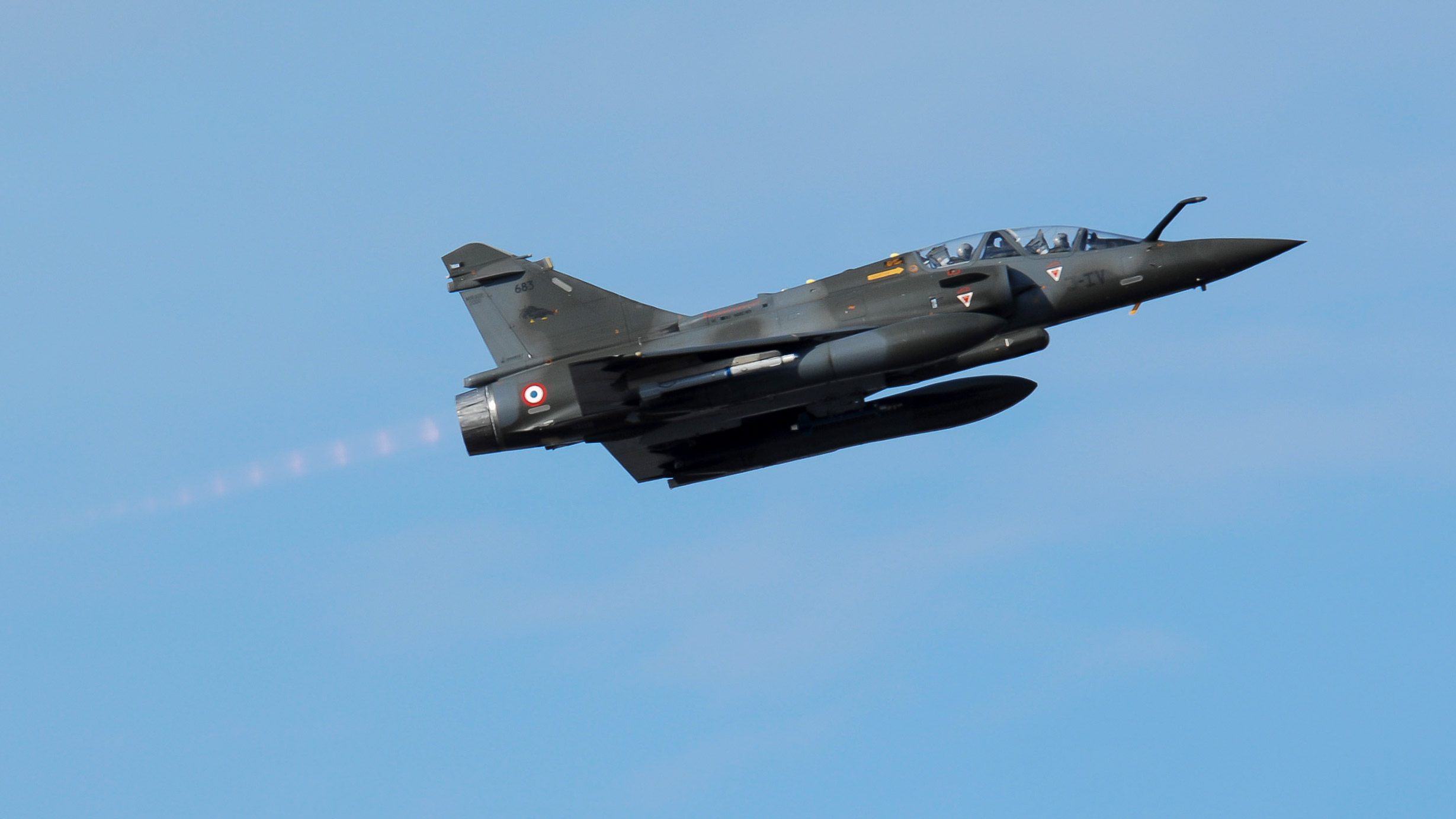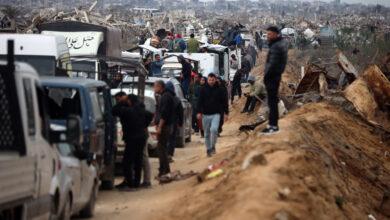At least six suspected members of a jihadist group were killed overnight in a French air strike in southeastern Mali, a French military spokesperson said on Thursday, December 20.
A surveillance drone followed eight “members of an armed terrorist group” as they crossed the border on motorcycles from Niger into Mali, Colonel Patrik Steiger said.
A French fighter jet struck the group, with ground forces then intervening, in an operation that claimed the lives of at least six militants, he added.
Update December 21 The French Army in a Thursday Facebook post said that motorcycles were detected in Niger on Wednesday evening. They were monitored as they crossed into Mali and the military determined the “terrorist character of this group.”
At around 20:50 Paris time, air assets struck the group and then commandos seized the position.
The army said the result of the operation was still being determined, but that at that stage six motorbikes were destroyed and five “terrorists” were “put out of action.”
France has Mirage 2000 fighter jets and Reaper drones, as well as Tigre and Gazelle helicopters deployed in the Sahel region.
Militants use motorbikes to travel inconspicuously on rough roads and tracks through the desert, but the operation shows that they are being monitored from the air.
The French military did not specify which jihadist group the men belonged to but a regional Al-Qaeda affiliate has long been active in the region.
On October 16, Malian and French forces supported by Tigre helicopters and Mirage 2000 fighter jets destroyed a “terrorist camp” after they were attacked in the Ndaki region.
Nine days earlier, the French armed forces conducted an air operation near Pama in Burkina Faso involving Gazelle and Tigre helicopters after a Burkina Faso soldier was killed and another injured after a military vehicle was hit by a roadside bomb near Kabonga.
That air operation was the second in Burkina Faso in the space of four days. On October 3, two French Mirage 2000 fighter aircraft struck a convoy of ‘terrorists’ on motorcycles near the Inata gold mine in the northern Soum province.
The recent unrest in Mali began with a 2012 Tuareg separatist uprising against the state, which was exploited by Islamist extremists linked to al-Qaeda who took key cities in the desert north.
France began its Operation Serval military intervention in its former colony early the next year, driving the jihadists from the towns, but the militant groups morphed into more nimble formations operating in rural areas, sometimes winning over local populations by providing basic services and protection from bandits.
The insurgency has gradually spread to central and southern regions of Mali, and across the borders into neighboring Burkina Faso and Niger.
Large swathes of the country remain outside government control, despite a 2015 peace accord designed to isolate the Islamists.
The French mission evolved into the current Operation Barkhane, which has roughly 4,500 French personnel deployed with a mandate for counter-terrorism operations across the region. Three RAF Chinook heavy lift helicopters based in Gao have since August supported French troops in Mali, and 50 Estonian soldiers are deployed in Gao in a force-protection capacity.
Troops deployed to Barkhane work alongside the United Nations’ Minusma stabilization mission in Mali, which began in 2013, has about 12,000 troops and 1,750 police deployed, and the G5 Sahel joint counter-terrorism force that aims to train and deploy up to 5,000 personnel.
US counter-terrorism assistance to G5 Sahel member states almost doubles to $111 million
With reporting from AFP












